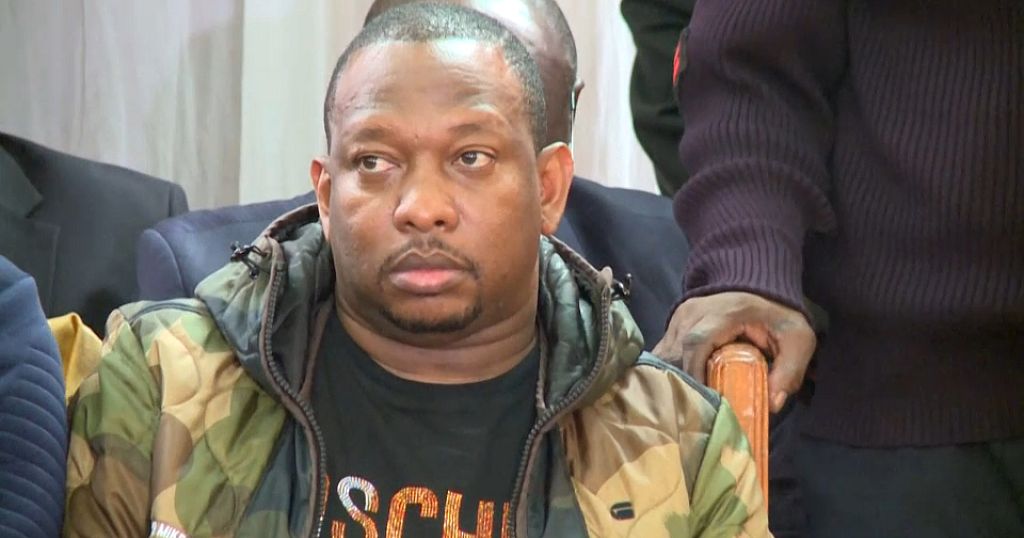Kenya has been cited as a hotbed of academic cheating by the British media owing to a growing trend where jobless graduates are writing postgraduate essays for students studying abroad, earning millions of shillings in the process.
At face value, it comes across as a compliment to the Kenyans writing dissertations and theses because it is really an endorsement of their academic writing prowess and ingenuity in navigating research and data analyses.
For them, it is simply a question of earning a living off a growing demand for a service. Yet, in reality, it reflects an intriguing web of academic deceit and trickery.
The harsh reality is that these ‘essay mills’, as they are commonly called, also work for Kenyan students who are lazy, crafty, lack confidence or clueless on how to work on the projects.
Research projects are meant to show proof that a student has mastered a particular subject and are supposed to demonstrate contribution to a body of knowledge.
They are supposed to contain original ideas and how the findings can ideally be used to solve a social or economic problem or provide a new impetus for further research in given academic disciplines.
When students outsource the research, therefore, they not only engage in contract cheating but also lie to the job market that they have a strong grasp in their chosen careers.
In Kenya, stiff competition for well-paying jobs has led to a cut-throat scramble for higher qualifications, leading to a steady increase in the number of universities in the past three decades.
To gain a clear edge in the rush for jobs, many students are contracting essay mills to write their examinations, including the most critical element in the academic process — research project.
To keep the demand flowing, the essay mills have devised ingenious ways of beating plagiarism traps and can produce work that appears original in every way.
This practice must be stopped because it means most graduates are holding certificates that they have not earned and keeping jobs they do not deserve.
Universities must find ways of stamping out the practice by demanding more robust demonstration from the students that the work they present as their own is, indeed, original.
They could also relax project deadlines to allow struggling students more time, increase support services to encourage honest work or allow students to defer their studies for some time until they are ready to complete their projects.
The Commission for University Education, which is responsible for recognition and equation of degrees, should revoke academic credentials of those found to have cheated.

 General News3 days ago
General News3 days ago
 General News4 days ago
General News4 days ago
 General News3 days ago
General News3 days ago
 General News2 days ago
General News2 days ago
 General News2 days ago
General News2 days ago
 General News1 day ago
General News1 day ago

